High cholesterol levels. And high triglyceride levels. Too much cholesterol and too many triglycerides in the blood can result in atherosclerotic cardiovascular disease. The build-up of plaque (fatty deposits and cholesterol and other substances) in arteries increases the risk of blockages. The blockages can lead to angina, coronary artery disease and peripheral artery disease, heart attack, and stroke [American Heart Association 2025].

The American Heart Association defines optimal total cholesterol level as about 150 mg/dL with the LDL-cholesterol levels at or below 100 mg/dL. The corresponding values in Europe are 3.9 mmol/L and 2.6 mmol/L, respectively.
Statin medications, e.g., atorvastatin and rosuvastatin, are effective at lowering cholesterol levels in the blood circulation. Their use reduces the risk of heart attack and stroke. However, up to 25% of patients taking statin medications regularly suffer from a range of adverse effects. These adverse effects include muscle pain and weakness, liver toxicity, sleep disturbance, and memory loss. How vulnerable a patient is to statin-induced muscle symptoms depends upon the genetic make-up and health of the patient and the type and dosage of the statin medication. Moreover, the research literature shows that a somewhat increased risk of developing type 2 diabetes is linked to statin use [Ahmad 2024].
Coenzyme Q10 and Statin-Induced Muscle Symptoms
Exactly how statin-induced muscle symptoms develop during statin use is not yet clearly understood. However, it is known is that the statin medications block the body’s bio-synthesis of Coenzyme Q10 in the same mevalonate biological pathway that the statins block the bio-synthesis of cholesterol. Accordingly, one theory suggests that statin treatment causes CoQ10 deficiency. The resulting CoQ10 deficiency leads to mitochondrial dysfunction in the skeletal muscle. The end result is muscle pain and weakness [Ahmad 2024].
Thus, subscribers to this theory recommend daily supplementation with Coenzyme Q10 to patients on statin medications [Raizner & Quinones 2021]. In 2024, Ahmad et al reviewed studies of the efficacy of CoQ10 supplementation in reducing the effects of statin-induced muscle symptoms. They analyzed the data from one meta-analysis and four randomized controlled trials. Altogether, they had data from 800 patients who were treated with statins between 2010 and 2023. The major outcome of Ahmad’s review was the conclusion that CoQ10 supplementation improves statin-associated muscle symptoms. Furthermore, the review did not show any adverse effects of the CoQ10 supplementation [Ahmad 2024].
Coenzyme Q10 and Heart Muscle Function
Thus, the available research literature shows that regular statin use can lead to CoQ10 depletion in the skeletal muscle. Even more concerning, then, is the worry about what happens in the heart muscle tissue of patients on statin medications. Daily CoQ10 supplementation together with statin treatment would seem to be especially important for proper mitochondrial function and antioxidant protection in the heart muscle tissue.
Optimal CoQ10 status is important for the heart muscle’s mitochondrial function and ATP energy production. Statin-induced depletion of Coenzyme Q10 in the heart muscle tissue can result in mitochondrial dysfunction and an energy-starved heart [Mortensen 2014].
In the Q-Symbio clinical trial, Mortensen et al showed that long-term adjuvant treatment with CoQ10 supplements of chronic heart failure patients “is safe, improves symptoms, and reduces major adverse cardiac events” [Mortensen 2014].
Conclusion: Coenzyme Q10 and Statin Medications
Muscle pain and weakness are a sign of statin intolerance.
A plausible cause of statin-induced muscle symptoms is the blockage of the bio-synthesis of Coenzyme Q10.
Accordingly, CoQ10 supplementation together along with statin medications may reduce complaints of muscle pain and weakness.
Supplementation with Coenzyme Q10 in doses ranging from 200-400 mg/day may promote improved mitochondrial function and antioxidant protection in heart muscle tissues as well as in skeletal muscle tissues.
Sources
Ahmad K, Manongi NJ, Rajapandian R, Moti Wala S, Al Edani EM, Samuel EA, Arcia Franchini AP. Effectiveness of Coenzyme Q10 supplementation in statin-induced myopathy: a systematic review. Cureus. 2024 Aug 31;16(8):e68316.
American Heart Association. Prevention and Treatment of High Cholesterol (Hyperlipidemia). 2025. Retrieved from https://www.heart.org/en/health-topics/cholesterol/prevention-and-treatment-of-high-cholesterol-hyperlipidemia
Mortensen SA, Rosenfeldt F, Kumar A, Dolliner P, Filipiak KJ, Pella D, Alehagen U, Steurer G, Littarru GP. The effect of coenzyme Q10 on morbidity and mortality in chronic heart failure: results from Q-Symbio: a randomized double-blind trial. JACC Heart Fail. 2014 Dec;2(6):641-9.
Raizner AE, Quiñones MA. Coenzyme Q10 for patients with cardiovascular disease: JACC Focus Seminar. J Am Coll Cardiol. 2021 Feb 9;77(5):609-619.
The information presented in this review article is not intended as medical advice. It should not be used as such.


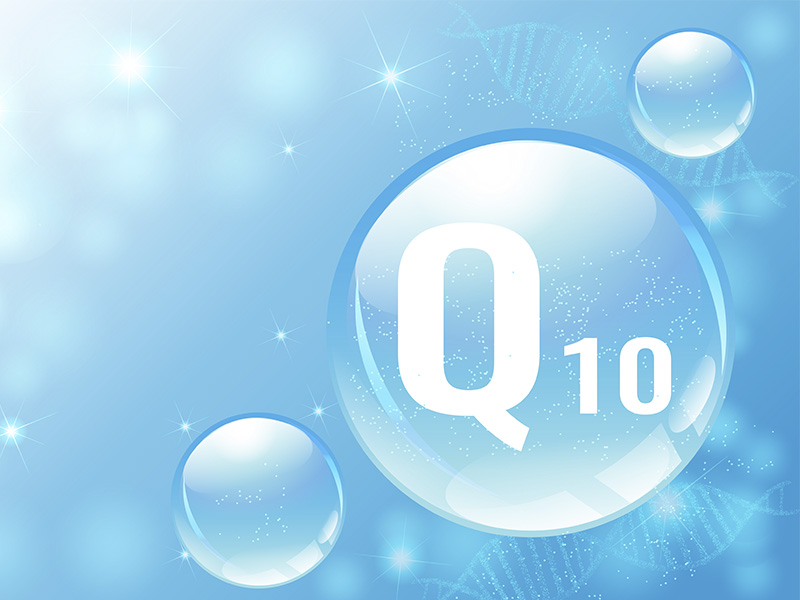
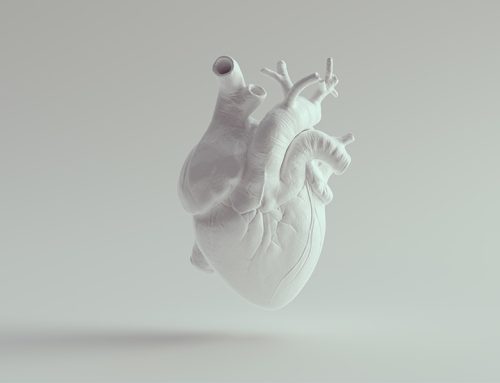

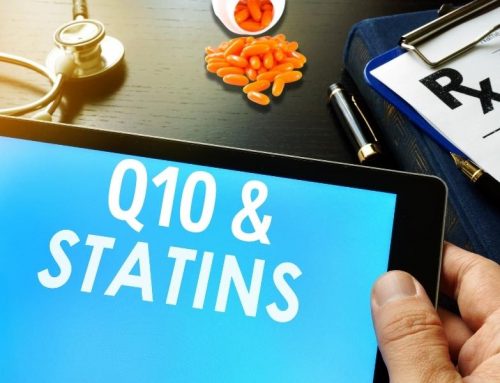
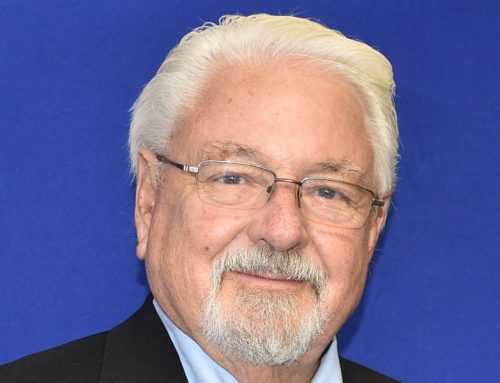
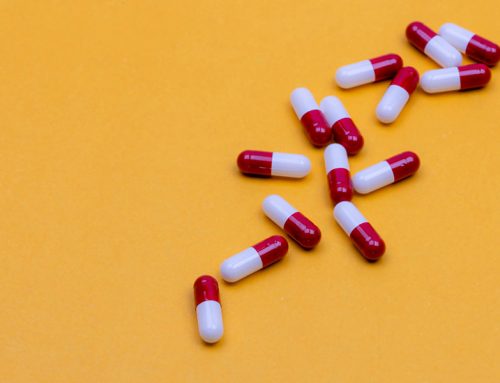
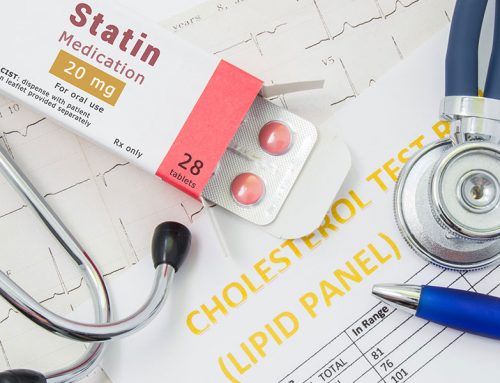
Leave A Comment